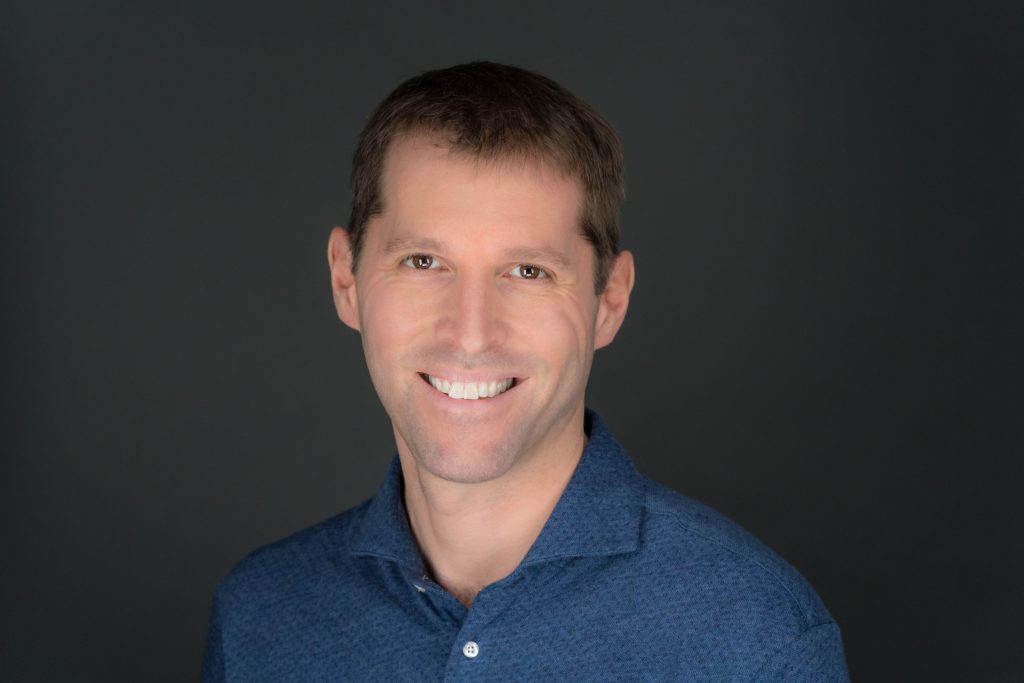Being Coachable
The following article is from Robert Glazer from Friday October 23, 2020. I thought that it was appropriate given some of the challenges as coaches that we all face today with some of our young athletes and the changes in culture that we all will be facing going forward when we resume play in 2021.
Enjoy.
NBA basketball player Kyrie Irving is one of the game’s most talented players, but he is perhaps even better known for his enigmatic personality.
Irving’s two-year tenure with the Boston Celtics, my hometown team, ended with a disastrous playoff exit in May 2019. Irving’s second and final season in Boston was so disappointing that I wrote at the time about the poor impact his clear leadership failures had on the team.
Irving came to Boston to escape the shadow of his Cleveland Cavaliers teammate Lebron James. Though Irving and James had a successful partnership that led to a championship, Irving wanted to establish himself as a leader beyond James’ large shadow. However, it became clear in Boston that Irving wanted the admiration of leading a team without the accountability that comes with it.
Irving left the Celtics to team up with his friend, superstar Kevin Durant, on the Brooklyn Nets. Durant missed this most recent season with an injury, and fans are excited to see him and Irving share the court for the first time. Notably, their Nets hold championship aspirations, despite being led by a first-time head coach, former NBA Most Valuable Player Steve Nash.
A few weeks ago, Irving made waves in the sports media after joining Durant’s podcast to talk about the upcoming season. In particular, Irving drew attention for the following comment on his new coach.
“I don’t really see us having a head coach, KD could be a head coach, I could be a head coach [some days],” Irving said.
While NBA players often have an influence on coaching, Irving’s comment was a clear sign of disrespect for his new coach and team. Imagine how your new boss would respond if you said before their first day of work that sometimes they would be in charge, but sometimes you would be in charge.
There is a reason players don’t coach their own teams—the role of a coach and a player is different, and even the best players need coaching.
In fact, the best performers want to be coached. Olympic athletes, who are the best in the world at what they do, have multiple coaches. The world’s best actors, musicians and CEOs spend tens of thousands of dollars each year on personal coaching.
These individuals accept that they always have more to learn. Furthermore, they recognize that the best players don’t always become the best coaches. Irving may believe he is a more talented player than Nash was in his playing days, but that doesn’t mean Irving knows more about coaching than Nash or that Irving doesn’t need to be coached.
When it comes to coaching, I find most people fall into three groups:
- The first group doesn’t want feedback and coaching; they are sure they know everything.
- The second group believes they want feedback and coaching, but their pride prevents them from fully accepting it. These are the people for whom the same issues consistently come up in performance reviews.
- The third group actively seeks out coaching and feedback, and acts on the advice. They will do anything to get better and rarely repeat the same mistakes when pointed out. These are the individuals who become superstars in their field.
Not everyone is coachable, but this trait is one of the most important characteristics to have on your team. Here are key indicators that a person may be especially coachable:
- Humility: Is the person able to admit what they don’t know or can’t do?
- Commitment: When working on a difficult task, do they demonstrate perseverance and grit?
- Self-Awareness: Do they recognize how their actions impact others?
- Willingness to Learn: Are they naturally curious and inquisitive?
- Vulnerability: Are they able to be open and trust others?
If you are looking to develop your team, identify and invest in the people who are coachable. Don’t let natural talent outweigh coachability, as all talent eventually hits its ceiling when the challenge gets more difficult.
If you want to be great, are you willing to be coached? If not, what is holding you back?
Quote of the Week: “My best skill was that I was coachable. I was a sponge and aggressive to learn.” – Michael Jordan
Robert Glazer
Founder & CEO, Acceleration Partners
About Robert Glazer:

Bob Glazer is the founder and CEO of global partner marketing agency, Acceleration Partners.Under Robert’s leadership. He is also the co-founder and Chairman of BrandCycle. A serial entrepreneur, Bob has a passion for helping individuals and organizations build their capacity to elevate.
Acceleration Partners has become a recognized global leader in the affiliate and partner marketing industry, receiving numerous industry and company culture awards.
Bob was also named to Glassdoor’s list of Top CEO of Small and Medium Companies in the US, ranking #2.
Bob shares his ideas and insights via Friday Forward, a popular weekly inspirational newsletter that reaches over 100,000 individuals and business leaders across 50+ countries. He is the host of the Elevate Podcast, where Bob sits down with leaders, thinkers and authors to discuss personal growth and helping others live their best lives. Bob is also the Wall Street Journal, USA Today and international bestselling author of four books: Elevate, Friday Forward, Performance Partnerships and How To Make Virtual Teams Work.
A regular columnist for Forbes, Inc. and Entrepreneur, Bob’s writing reaches over five million people around the globe each year who resonate with his topics, which range from performance marketing and entrepreneurship to company culture, capacity building, hiring and leadership. Worldwide, he is also a sought-after speaker by companies and organizations, especially on subjects related to business growth, culture, mindful transitions, building capacity and performance. Bob’s website can be found at: https://www.robertglazer.com/



